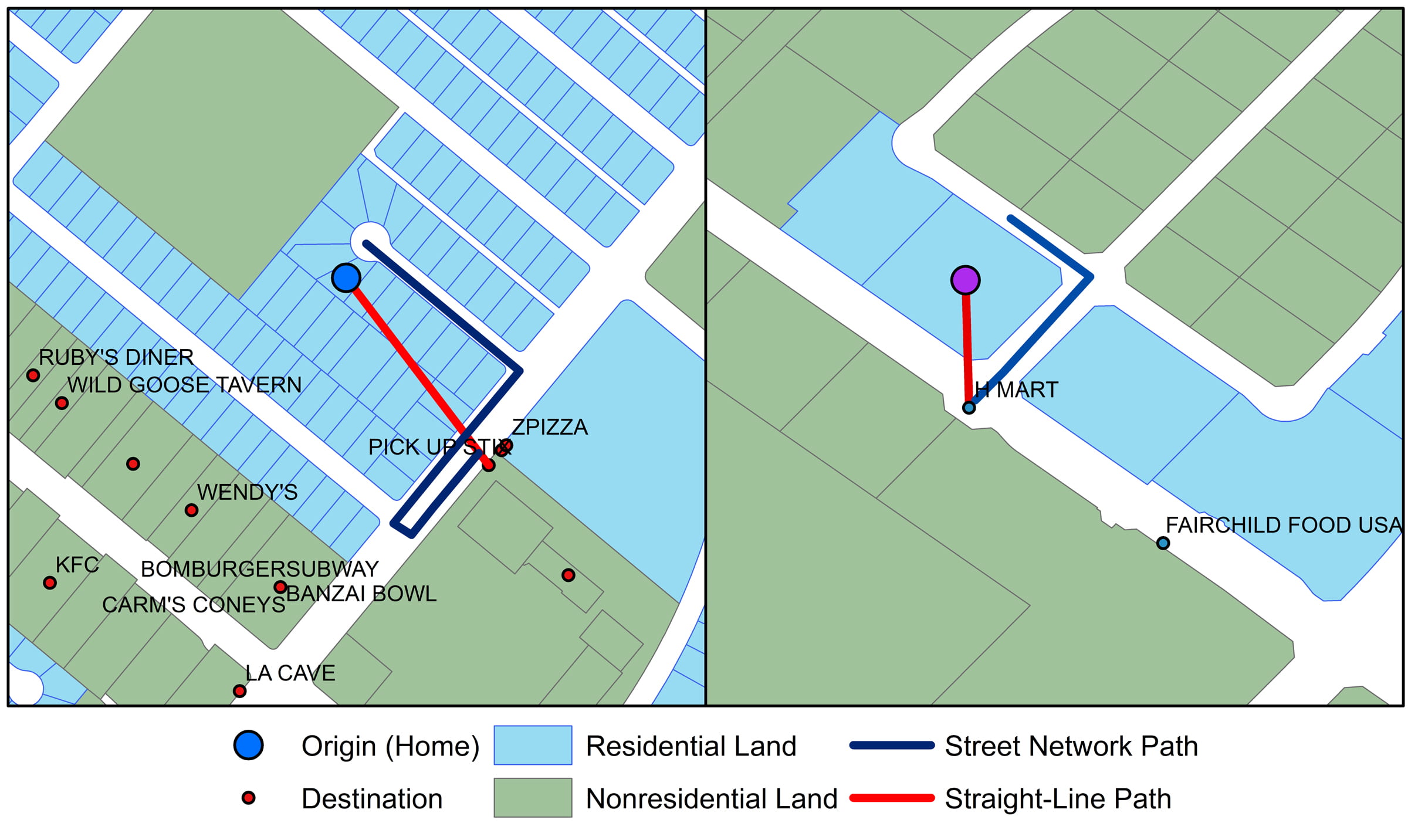When autism hits home
UCI psychologist studies the family dynamic of the developmental disorder.

About one in 110 American children has an autism spectrum disorder, according to the U.S. Centers for Disease Control & Prevention. It’s a sobering statistic to developmental psychologist Wendy Goldberg, who studies such youngsters and their families.
“It’s hard to disentangle the reasons behind the high rates of autism, but it’s almost an axiom of psychology to say it never boils down to just the environment or just genes but is rather a combination of the two,” she says. “These rates aren’t explained by greater awareness or diagnostic tools; they suggest interplay among environmental factors, social changes and biology.”
A UC Irvine professor of psychology & social behavior and education, Goldberg will speak Saturday, Sept. 17, at the Kids Institute for Development & Advancement’s Summit on Autism at the Bren Events Center. Former first lady Rosalynn Carter will deliver a keynote address.
Goldberg’s talk, titled “Autism: A Family Affair,” will focus on the challenges faced by families of children with autism spectrum disorders and offer research-based solutions, with a focus on marital, parent, grandparent and sibling relationships. She’ll also stress the importance of early identification of autism symptoms.
In 2005, Goldberg published one of the first studies to compare the social and communication skills of autistic children’s younger siblings to those of kids with autism and typically developing kids. The brothers and sisters fell somewhere in between the two groups.
“Younger siblings of children with autism are at higher risk for autism and developmental delays,” Goldberg says. “Genetic vulnerability and shared environments may explain this elevated risk, and it’s important that parents be attuned to their younger child’s behavior and development.”
Early intervention makes a big difference in youngsters’ lives, she says, as those diagnosed with symptoms of autism can start intensive treatment right away. Although there are no reliable screenings for babies under a year old, parents should monitor certain developmental milestones.
“They should alert their pediatrician if their year-old infant does not smile, use gestures, make eye contact or babble,” Goldberg says. “Parents should be concerned even earlier if their son or daughter doesn’t show any pleasure in social interaction or make sounds.”
Autism is a developmental disorder that appears in the first three years of a child’s life and is marked by social impairment, communication difficulties and repetitive patterns of behavior. Boys are four times more likely to be autistic than girls, for reasons that are not entirely known.
Goldberg is working with doctoral graduate student Kara Thorsen in the UCI Family Lab and with colleagues at UCI and UC Irvine Medical Center to devise and implement an online video program for identifying autism during infancy. They hope to make this accessible to parents and medical students.
“The purpose is to convey in everyday language important findings from our lab and field research,” Goldberg says. “Pediatricians are situated prominently in the first line of identification, but they don’t usually get extensive training on early signs of autism.”
Moms and dads, she notes, are not always reliable witnesses to their children’s behavior, as shown in a study she conducted on kids whose parents had reported late-onset symptoms of autism – maintaining that their children were developing normally during infancy and toddlerhood but then lost skills such as eye contact and talking.
Goldberg and a group of graduate students looked into this phenomenon, viewing home videos from the first two years of the youngsters’ lives.
“We started this research around the time that camcorders were becoming really popular, capturing key events such as birthday parties and family vacations,” she says. “Part of our goal was to see if kids were really functioning at a typical level in terms of language and social behaviors, and we found that many of them were not.”
The fact that these children hadn’t been on a standard trajectory to begin with, Goldberg says, underscores the importance of recognizing initial signs of autism. Early intervention and rigorous treatment – speech therapy, for example – are the best tools parents have to foster the social development of autistic kids.
“Autism is a mystifying disorder with a wide range of severity that can be managed, but not cured, with behavioral and speech therapies,” she says. “Early intervention and intensive treatment can help children lead more productive and independent lives.”


